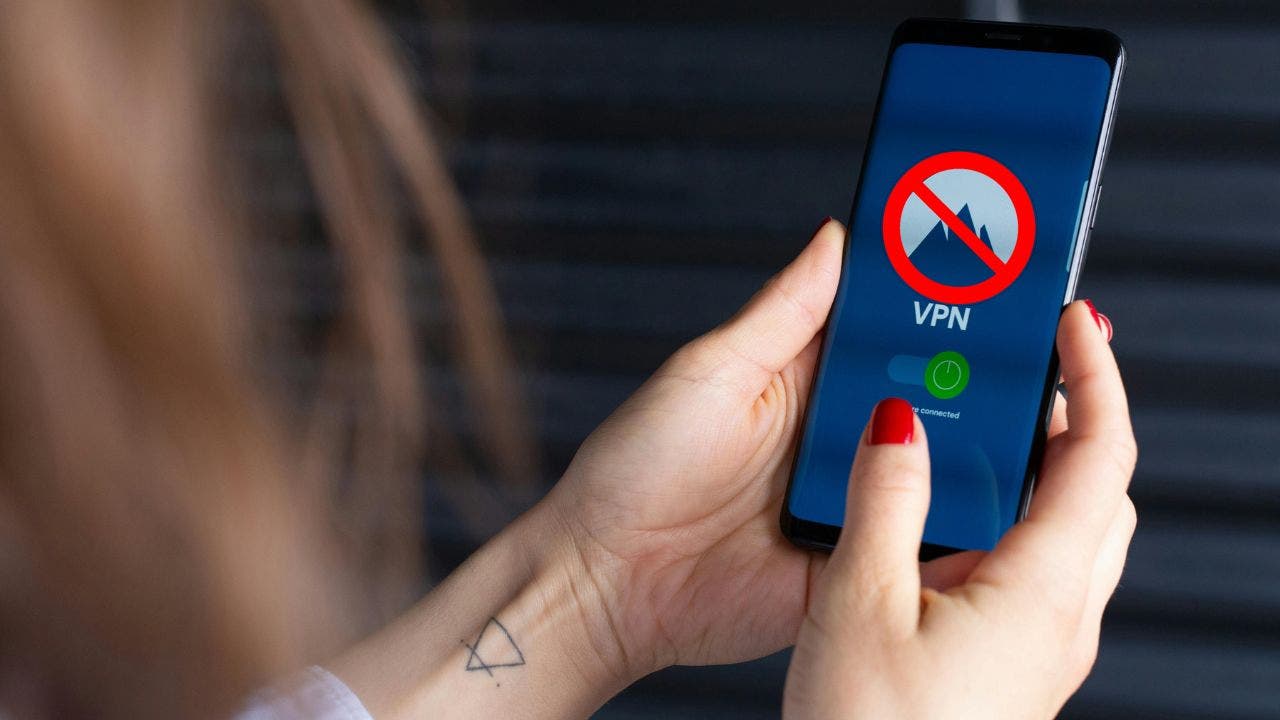Malicious apps posing as VPNs can turn your device into a tool for cyberattacks

Online Security: Essential Tools for Protecting Your Privacy and Data
VPNs: The Key to Privacy
VPNs (Virtual Private Networks) have become essential for protecting your privacy and data online. These tools create a secure, encrypted connection between your device and the internet, safeguarding your IP address and online activities.
Expert Insight: Kurt Knutsson, tech expert, emphasizes the crucial role of VPNs in online security.
Beware of Fake VPN Apps
However, a recent surge in fake VPN apps has raised concerns. These malicious apps can compromise your security and put your devices at risk. In 2024, cybersecurity researchers uncovered a massive botnet created using fake VPN apps, highlighting the dangers they pose.
Why Free VPNs Are Risky
Many free VPNs are untrustworthy as they may share your data, use weak encryption, leak data, or even sell access to your infected devices to criminals. Avoid free VPNs and choose paid services from reputable companies instead.
Choosing and Using VPNs Safely
To select a reliable VPN, consider the following tips:
- Download from official app stores.
- Check app permissions and revoke unnecessary ones.
- Implement two-factor authentication.
- Keep software updated.
- Use strong encryption protocols.
- Monitor VPN traffic for unusual patterns.
- Invest in reputable antivirus software.
Antivirus: Protecting Your Devices
Antivirus software is essential for preventing malware and protecting your devices. Choose a reliable solution with features like web protection, anti-phishing tools, and app scanning capabilities.
Kurt's Key Takeaway
Fake VPN apps pose a serious threat to your online security. Invest in a trusted, paid VPN service to safeguard your privacy and data. Antivirus software provides additional protection against malware and cyberattacks. Stay vigilant and check the credibility of apps before downloading them.